The Future of Atrial Fibrillation and Electrophysiology
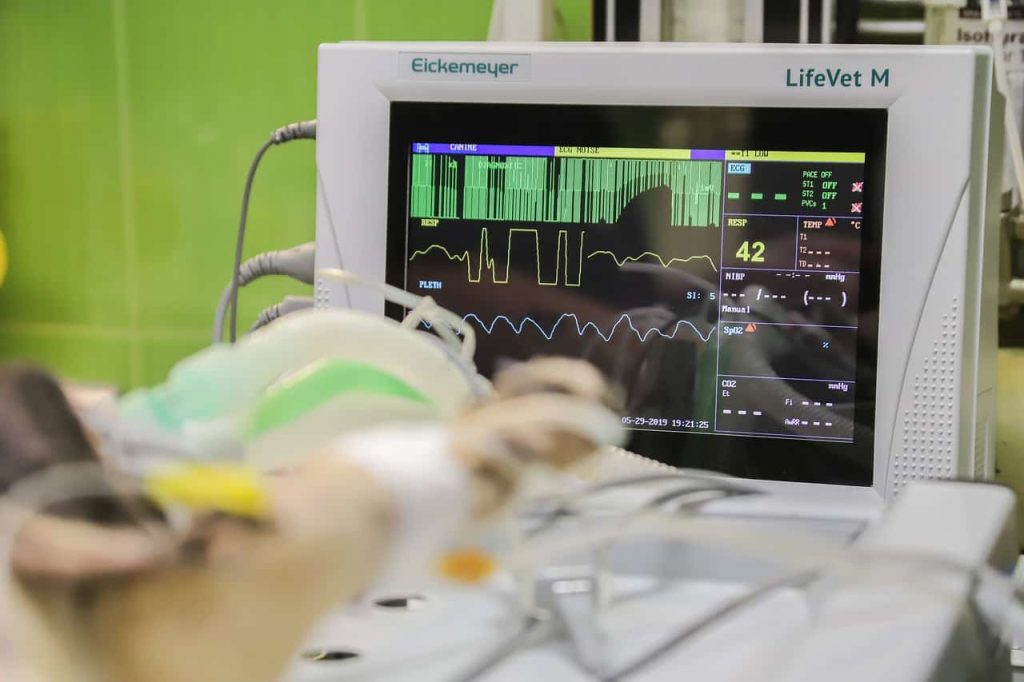
Atrial fibrillation (AFib or AF) is the most common abnormal heart rhythm (arrhythmia) which requires treatment. It places a significant burden on patients and our healthcare system at large, costing an estimated $28 billion per year. Atrial fibrillation and atrial flutter, which is a closely related arrhythmia, are estimated to affect 44 million people worldwide. […]
Catheter ablation: Cryoablation vs Radiofrequency

Catheter ablation is a treatment to stop the irregular and chaotic heart rhythm of atrial fibrillation (AFib). During an AFib ablation, heat (radiofrequency) or cold (cryoablation) energy is delivered to the heart tissue to create areas of scar that interrupt the abnormal electrical pathways that cause the atrial arrhythmia. Radiofrequency (RF) ablation for AFib was […]
How Do You Calm Atrial Fibrillation?
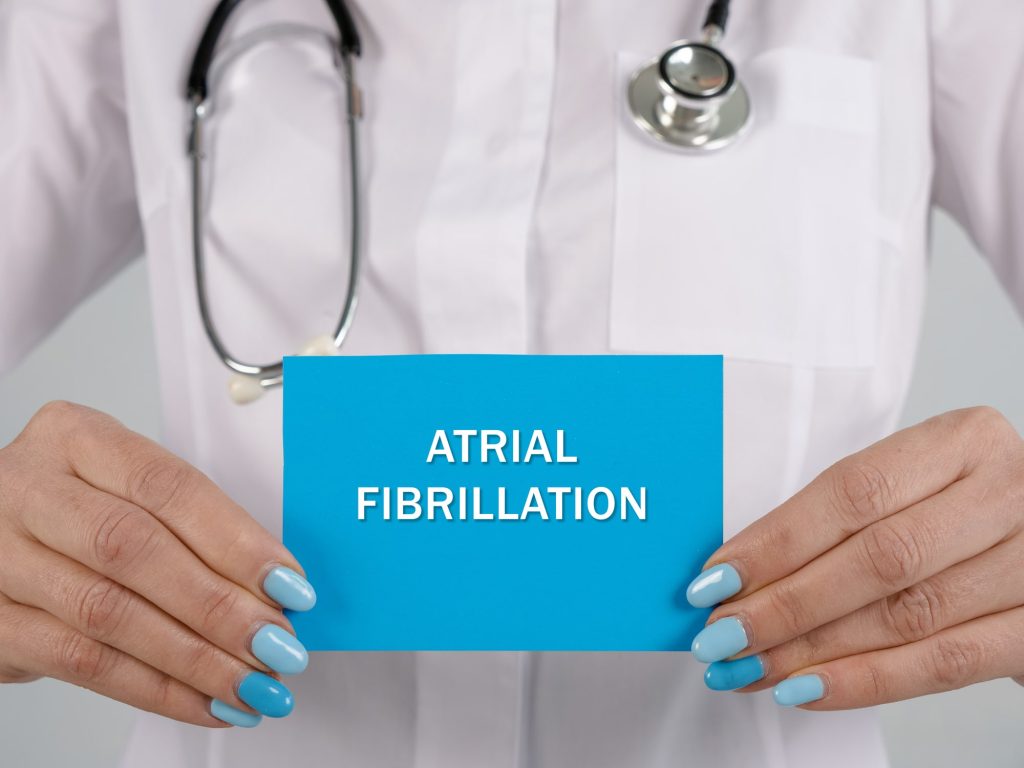
Atrial fibrillation (AFib) can have a significant negative impact on quality of life. Not everyone with atrial fibrillation has symptoms but for those who do the symptoms can be very pronounced and can interfere with their ability to do normal daily activities. Many people with AFib symptoms can precisely report AFib episode length and if […]
10 Tips to Prepare for a Maze Procedure

A maze procedure is a highly effective surgical ablation used to treat atrial fibrillation. The procedure can be performed via a minimally-invasive approach or during an open-heart surgery that is being done to treat another heart condition. If you have atrial fibrillation and have been referred for a maze procedure, proper preparation can improve surgical […]
New Heart Procedure for Atrial Fibrillation

What is Surgical Ablation? A cardiac ablation for atrial fibrillation (AFib) is a procedure that treats atrial fibrillation by creating areas of scar tissue in the heart’s upper chambers. This heart procedure for AFib can be completed via catheter ablation or surgical ablation. Atrial fibrillation surgery is called a maze procedure. This surgical treatment for […]
How Long Does Ablation Recovery Take?

Maureen is an active, 67-year-old with atrial fibrillation. Once every couple of months she develops an episode of shortness of breath, fatigue, and the sensation of an abnormal heartbeat. She has tried medications to treat atrial fibrillation (AFib) but these haven’t worked. She is considering atrial fibrillation surgery but is worried about the AFib ablation […]
Watchman Procedure for Atrial Fibrillation
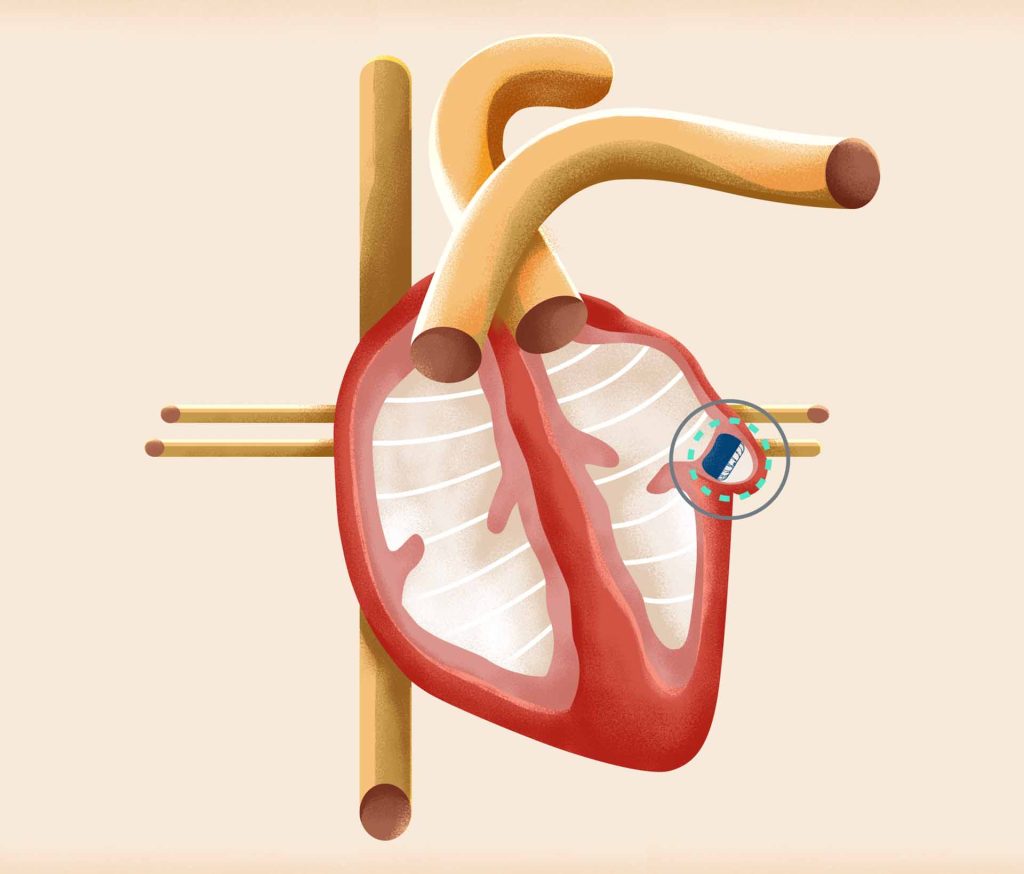
Atrial fibrillation is an abnormal heart rhythm (arrhythmia) that originates in the upper chambers of the heart (atria). When the heart is in atrial fibrillation the atria quiver and moves blood through the heart less effectively. This causes blood to pool in the heart and increases the risk of blood clot formation and stroke. People […]
What is the difference between a cardiologist and electrophysiologist?

Overview A cardiologist is a doctor who specializes in diagnosing and treating conditions which affect the heart. These may include high blood pressure, high cholesterol, coronary artery disease, heart attack, heart failure, or abnormal heart rhythms (arrhythmias). The heart has a complex electrical system which causes the heart muscle to contract and pump blood through the […]
Cardioversion for atrial fibrillation
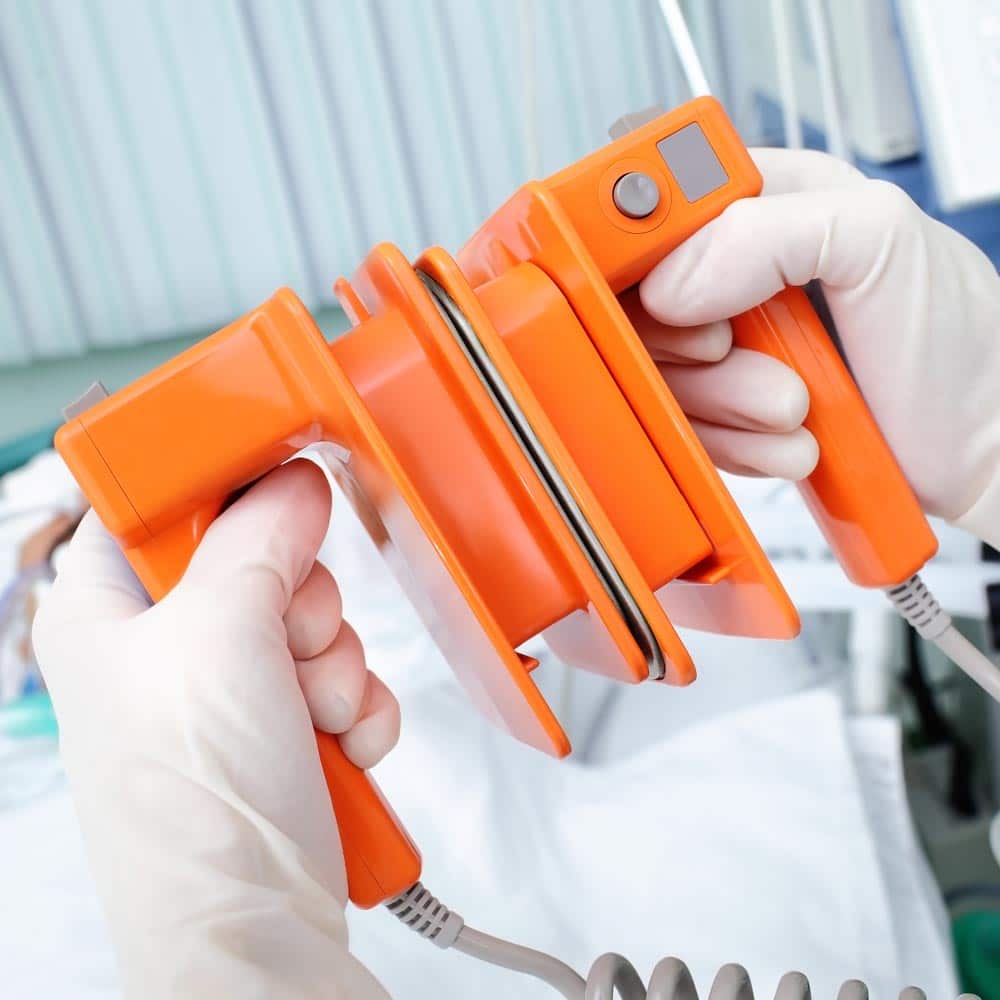
Treatment of atrial fibrillation is multifactorial and can be broken down into 3 treatment goals: treat underlying conditions that cause AFib, prevent atrial fibrillation-related blood clots which can cause stroke, and treat the atrial fibrillation itself. Some of the underlying conditions which are risk factors for atrial fibrillation include high blood pressure, heart disease, thyroid […]
Cryoablation for AFib
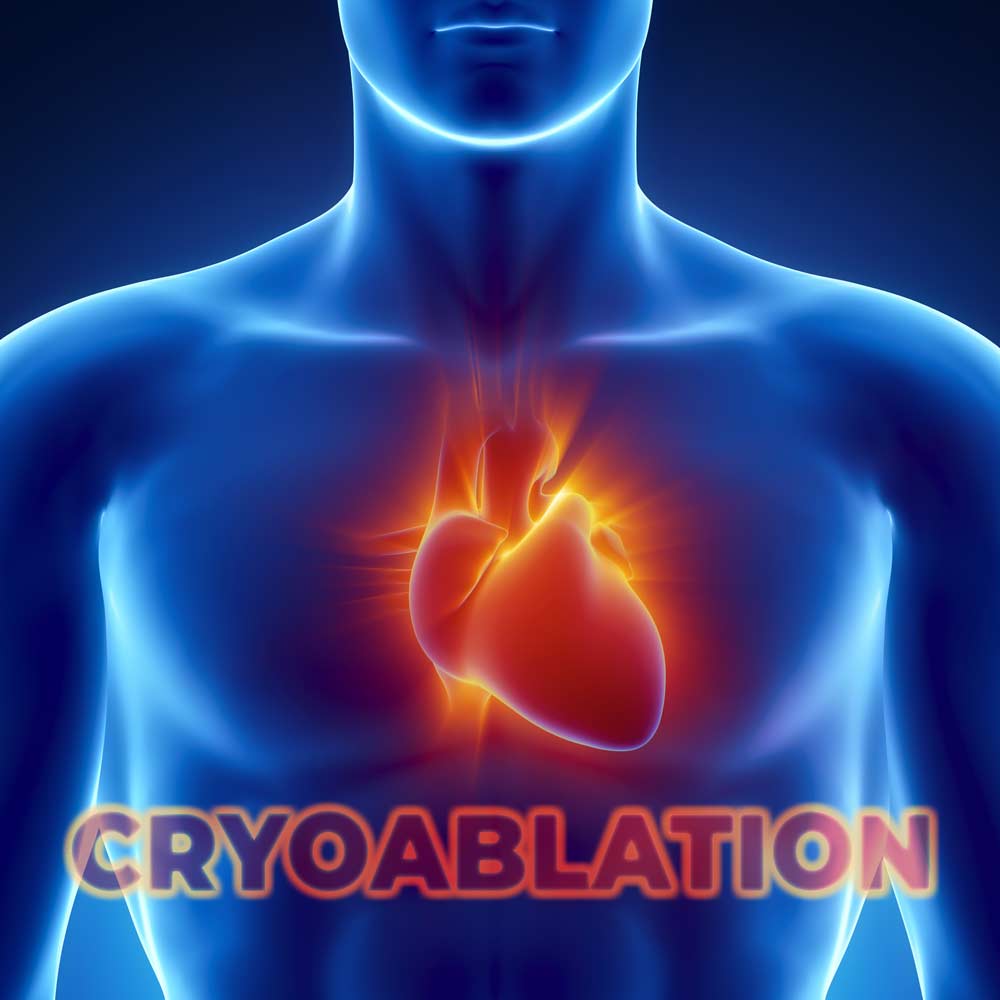
Atrial fibrillation treatment focuses on rate control, rhythm control, and stroke prevention. The goal of rhythm control is to keep the heart out of AFib and in a normal rhythm. Rhythm control can be accomplished with antiarrhythmic medications, DC cardioversion or ablation procedures. Catheter ablation is a minimally invasive procedure that uses freezing (cryoablation), heat […]



